Project Faculty
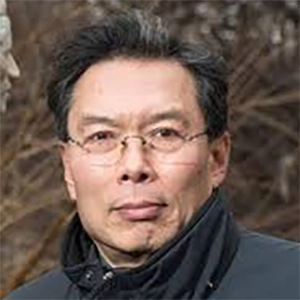
Jack (John Kuo Wei) Tchen, Project Director. Jack is a historian, curator, writer, and dumpster diver devoted to anti-racist, anti-colonialist democratic participatory storytelling, scholarship, and opening archives, museums, organizations, and classroom spaces to the stories and realities of those excluded and deemed “unfit” in master narratives. Professor Tchen has been honored to be the Inaugural Clement A. Price Professor of Public History & Humanities at Rutgers University – Newark and Director of the Clement Price Institute on Ethnicity, Culture & the Modern Experience since Fall 2018. Decolonizing the histories of Newark, NYC, and our estuarial bioregion is his primary focus. His leadership will be instrumental in the workshops.
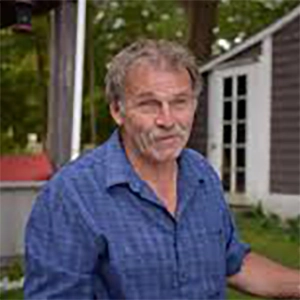
Kerry Hardy, Project Faculty and Researcher. Kerry is a researcher, eco-historian, and author with special interest in the human ecology of pre-Contact Native Americans, primarily through archaeological, geographic, and linguistic analysis. He is the Lead Researcher and Cartographer at the Public History Project, the Stewardship Coordinator at the VinalHaven Land Trust, and author in 2009 of Notes on a Lost Flute: A Field Guide to the Wabanaki; a book that delves into the Native American foodways, languages, place names and ecologies of Maine. He has presented talks at the Maine Audubon Conference on Endangered Languages and Cultures of North America, Algonquian Conference. Kerry is the primary researcher and cartographer for the visual work that is shared above and will be the connective tissue for our 5-day sessions.
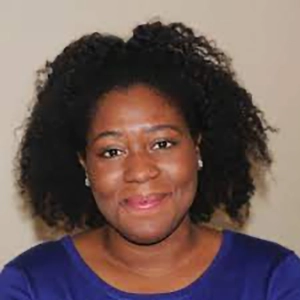
Lacey Hunter, Project Coordinator and Education Specialist. Lacey received her PhD from Drew University. Her dissertation focused on the role of African American religious ideologies on racial constructions. She holds an MA in American History from Rutgers University-Newark and is currently teaching courses on African American Studies and Afro-American History. She is actively involved in organizations that help urban students transition into college, as well as collaborative programs for “at-risk” college first-year students. She is also deeply committed to restructuring historical teaching and encouraging greater literacy rates among students of color.
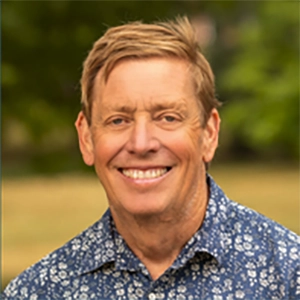
Oscar M. Schofield, Project Co-Director is a biological oceanographer interested in how physics and chemistry regulate ocean ecosystems, with a primary research focus on the physiology and ecology of phytoplankton. His research is conducted in a range of oceans from the rapidly warming/melting along the West Antarctic Peninsula to sustained studies along the northeast United States. He is a co-founder of the Center of Ocean Observing Leadership (COOL), which is focused on developing innovative technologies and ocean sensor networks to better document and model the marine system. The COOL group innovates in a range of technologies spanning from remote sensing, radars, and autonomous underwater robotics. Oscar is also Department Chair for Rutgers Department of Marine and Coastal Sciences.
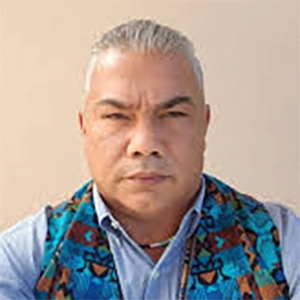
Chief Mann is the Turtle Clan Chief of the Ramapough Lenape Nation, which encompasses Passaic County NJ, Warwick, and surrounding areas in New York. Chief Mann has been the Turtle Clan Chief for approximately fifteen years. Chief Mann has been at the forefront of the New Jersey environmental justice movement, where he has worked to protect the water supply of 4 million people and advocated for the community living near the Ringwood mines superfund site, shedding light on his community’s efforts to fight back after the Ford toxic dumping. Chief Mann is also a community builder reaching across the state and region to bring together the Six First Nations of NJ, PA, and DE. He will facilitate First Nation attendance at the Workshop.
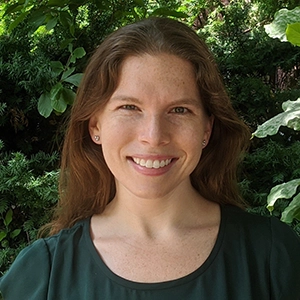
Elaine Lafay is a historian of climate and the body, specializing in the nineteenth-century United States. My current research seeks to understand the entanglements between climatology, medicine, and imperialism. Her first book project, Debility and Power: How Climate Knowledge Made the Nineteenth-Century U.S. South, provides a new perspective on American expansion into the southern borderlands. It reveals that U.S. expansion was an imperial experiment, in both senses of the term. Testing scientific ideas about climate, vegetation, and health was central to imperial practice. This knowledge was useful to a diverse set of actors: boosters recruiting white settlers to contested land; both enslavers and enslaved people seeking to shape the built environment of plantations; medical practitioners, white settlers, abolitionists, and formerly enslaved people confronting experiences of debility; and speculators, physicians, and the state promoting popular fantasies about the commercial and medical promise of tropical America. Prior to joining the Rutgers faculty, I earned my PhD in the History and Sociology of Science from the University of Pennsylvania and a BA in History with highest honors from the University of Michigan.
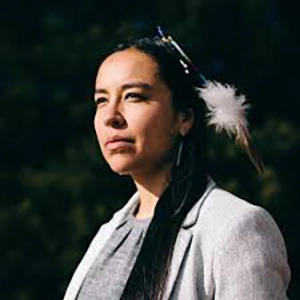
Lyla June Johnston, Indigenous Food Systems Advisor and Faculty. Lyla is an Indigenous musician, scholar, and community organizer of Diné (Navajo), Tsétsêhéstâhese (Cheyenne) and European lineages. Her multi-genre presentation style has engaged audiences across the globe towards personal, collective, and ecological healing. She blends her study of Human Ecology at Stanford, graduate work in Indigenous Pedagogy, and the traditional worldview she grew up with to inform her music, perspectives, and solutions. She recently finished her PhD on the ways in which pre-colonial Indigenous Nations shaped large regions of Turtle Island (aka the Americas) to produce abundant food systems for humans and non-human. She has a five-year contract with the Ramapough Culture and Land Foundation, and the timing of her talks will be coordinated with her other contract commitments.
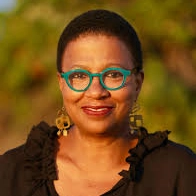
Peggy King Jorde is a Cultural Projects Consultant combining more than 30 years of experience in planning, design, public art, and historic preservation projects in New York. She led the fight to preserve a 17th century African Burial Ground and will share her experiences and expertise regarding that journey as well as the role of slavery in our development as a nation.

Jerome Choice is a Jersey Community Leader, member of the board of the Jersey City Museum. Jerome and the Museum staff will provide tours of the museum and co-facilitate Jersey City days.
